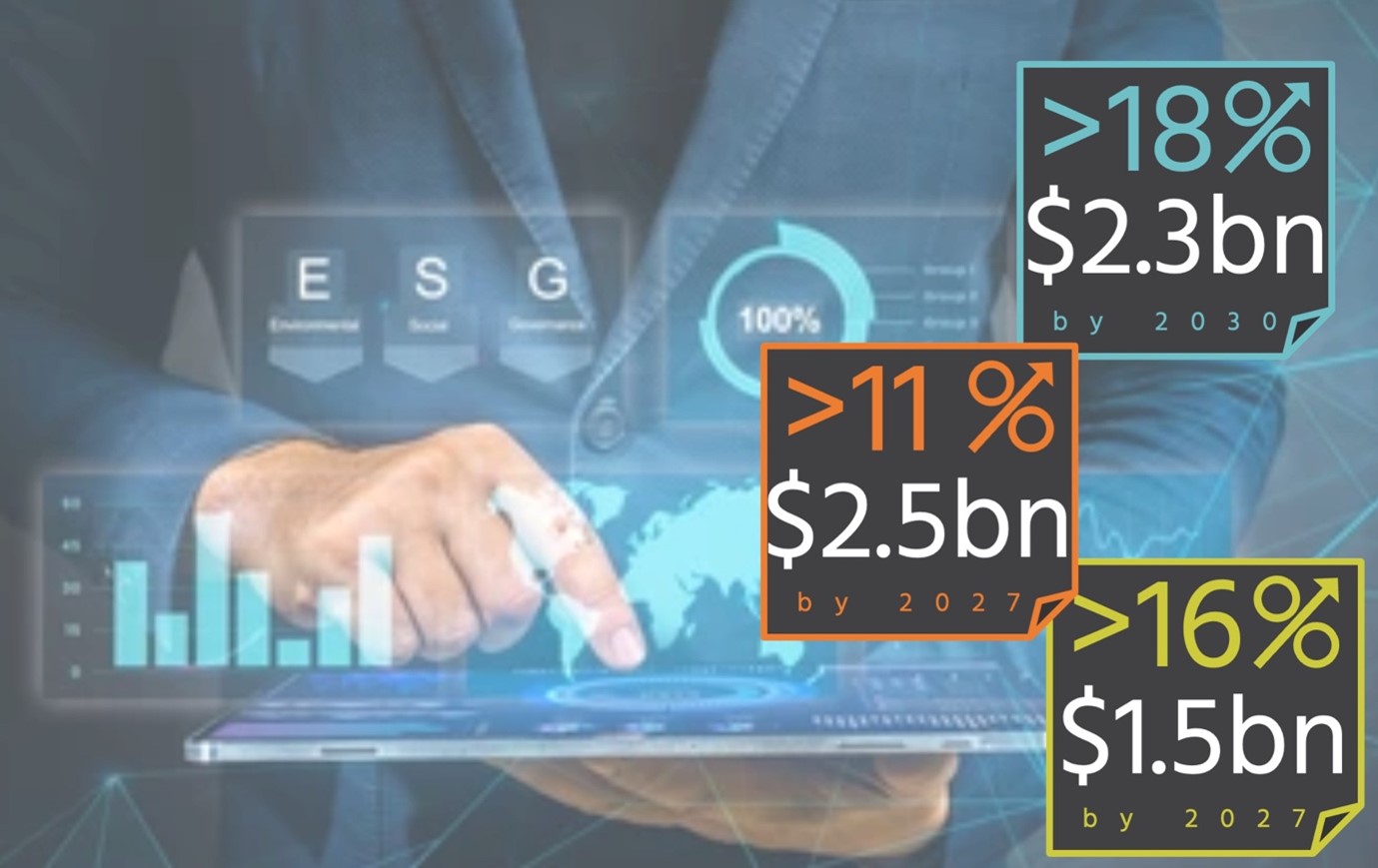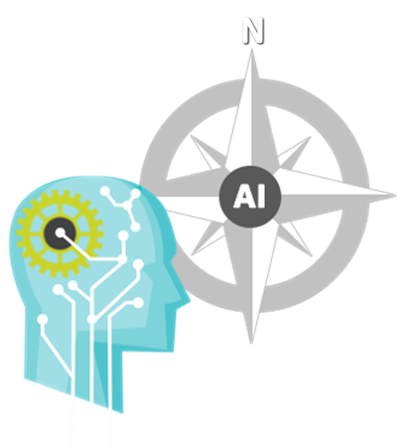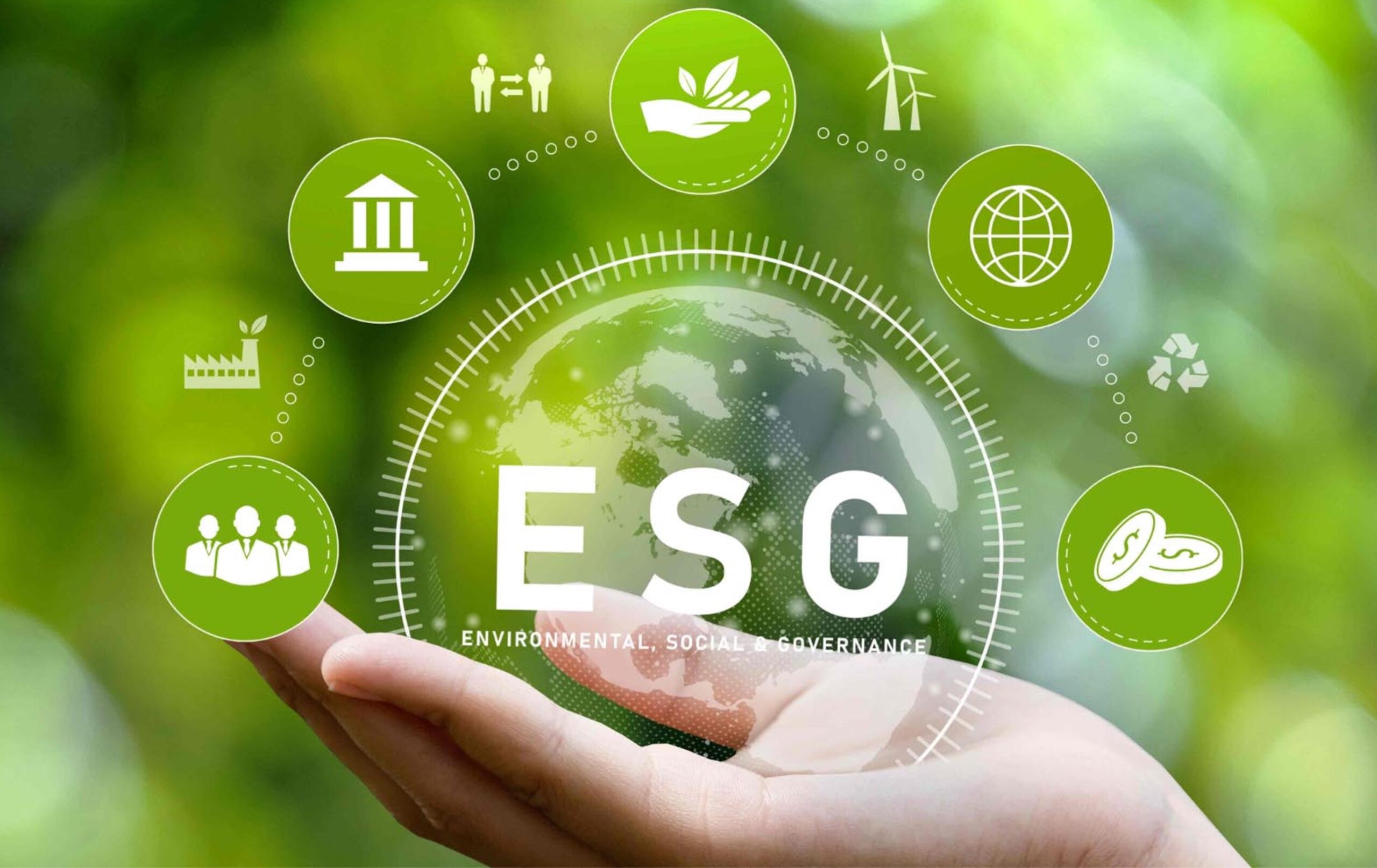Enabling Success via Strategic Alliances in the ESG market
The recent announcement that Deloitte is partnering with Informatica and Workiva on a new ESG Data and Reporting Ecosystem marks a pivotal moment in the evolution of the market for IT-enabled ESG software solutions. During three decades as an IT Alliances professional, I’ve witnessed the evolution of strategic alliances, from tentative partnerships to strategic and sometimes exclusive collaborations. Understanding the opportune moment to involve oneself with emerging categories and vendors is paramount, given the dynamic nature of the technological landscape. For aspiring market participants in the ESG market, the consequences of inaction can be significant. This is because, once a market ecosystem’s participants are established, the barriers to entry become formidable. Conversely, getting it right at this stage can lead to substantial rewards.
The Drive Behind ESG Reporting: Regulatory Pressures and Stakeholder Expectations
Reporting on non-financial business metrics, such as greenhouse gas emissions, net-zero initiatives, energy efficiency, carbon neutrality, DEI, and governance, is being driven by regulatory pressures and stakeholder expectations. I will refer to this broad spectrum of reporting as “ESG Reporting” for simplicity. 
To find out why the ESG market is set to grow in 2024 and beyond, driven by compliance initiatives such as CSRD and SFDR, check out our blogs listed below. These regulatory pressures compel organizations to invest in ESG Reporting solutions, creating a ripe opportunity for ecosystem partnerships to flourish.
Recent industry reports indicate that the global ESG Software Market is poised to reach USD 2.28 billion by 2030, with a projected Compound Annual Growth Rate (CAGR) of 15.9%. This forecast underscores substantial growth potential in the sector. Moreover, investment in ESG and sustainability consulting is escalating, underscoring the fertile ground for partnerships.
The Emergence of ESG Reporting Application Vendors
The escalating demand for ESG reporting solutions has led to the emergence of numerous vendors in the market. According to ESG market research consultants, Verdantix, major players like Workiva and Sphera are among the 20 leading ESG reporting application vendors. There are smaller boutique companies entering the market almost every day. While some offer broad multi-regulatory reporting capabilities, others specialize in specific ESG reporting areas, such as carbon, lifecycle, supply chain, or waste impacts. However, despite their claims, no single vendor has achieved supremacy, yet, in the provision of a complete solution, creating opportunities for collaboration amongst technology providers.
The Growing Importance of Strategic Collaborations in the ESG Technology Ecosystem
ESG Reporting application vendors focus on the reporting element of the solution, regulatory or otherwise, as their core focus. Nevertheless, they often require additional components for enterprise implementations. Here are a few examples of opportunities for technology vendors:
-
Data Integration
The Deloitte, Workiva, and Informatica tie-up is a great example of this. In this ecosystem partnership, Informatica contributes valuable data management and integration, enabling seamless data flow between systems and applications. Similarly, other data integration vendors could also add capabilities such as:
- Ensuring effective collection, processing, and analysis of data for ESG reporting and other business initiatives.
- Data governance and quality management ensures the accuracy and reliability of the data used in reporting processes.
There are other critical areas required by enterprises, where collaboration can drive innovation and value. Beyond data integration, technologies like AI, visualization technology, and natural language processing (NLP) play a crucial role in enhancing the capabilities of ESG Reporting solutions. For example,
-
Artificial Intelligence (AI)
AI can analyse large volumes of data to uncover insights and trends, while visualisation technology enables users to interpret complex data sets more effectively. AI technologies have the potential to add tremendous value to ESG systems by analyse large volumes of data to uncover insights and trends. Some opportunities for application of AI to ESG challenges include:
- Prediction of future environmental impacts, enabling proactive early interventions.
- Continuous monitoring of regulatory changes to ensures compliance and streamlined reporting.
- Support strategic planning in ESG related programmes e.g. waste reduction and energy efficiency.
- Development of simulation models to test effectiveness of planned ESG before implementation to minimise risks.
Natural Language Processing (NLP)
NLP facilitates the extraction of meaningful qualitative data and information from unstructured data sources, such as sustainability reports, social media feeds or internal reports.
Applied this way NLP technologies can provide insights into stakeholder perspectives and potential governance issues. For example, such a real-time feedback loop can enable companies to address concerns proactively and uphold their social and ethical commitments.
Seizing the Opportunity to form Strategic Alliances in the ESG market
There are many opportunities depending on your niche in the ecosystem e.g., ESG Reporting Application, Technology providers, System Integration, and Consulting.
-
ESG Reporting Applications
As an ESG Reporting application provider, the pursuit of partnerships for value-added competencies is essential. These partnerships may emerge organically from customer implementations, thereby validating the concept and value proposition in real-world scenarios.
-
Technology Providers
For horizontal solutions like data integration, AI, and NLP, engaging with reporting application vendors necessitates demonstrating the high value of their core competencies within the ESG Reporting ecosystem. This might involve showcasing how their solution can:
- Resolve technical challenges faced by application vendors or their clients and delivery partners.
- Expedite the delivery of solutions to clients.
- Introduce new functionalities to the end-to-end solution, thereby enhancing value and differentiation in the market.
- Enable application vendors to focus their R&D on their core competencies, leading to reduced development costs, accelerated time to market, and the utilization of best-of-breed components.
System Integration and Consulting
Systems Integrators also play a pivotal role in navigating the intricacies of integrating diverse technologies into unified solutions for clients. These partnerships streamline the implementation process, guarantee smooth interoperability among systems, and ultimately enrich the value proposition for customers.
Systems integration firms are actively shaping these ecosystems and beginning to select core technologies as part of their technology stack to deliver comprehensive ESG Reporting solutions.
How to Ensure Your Success With Strategic Alliances in the ESG market
Are you ready to make your mark in the ESG ecosystem?
With our proven alliance track record and deep ESG market insight, we can help you choose the best partners for your business, engage effectively, and unlock new opportunities.
Amplify your impact with us. Let’s connect and turn strategic alliances into your ESG success story.
Get in touch for an exploratory discussion.
Relevant ESG Blogs:









